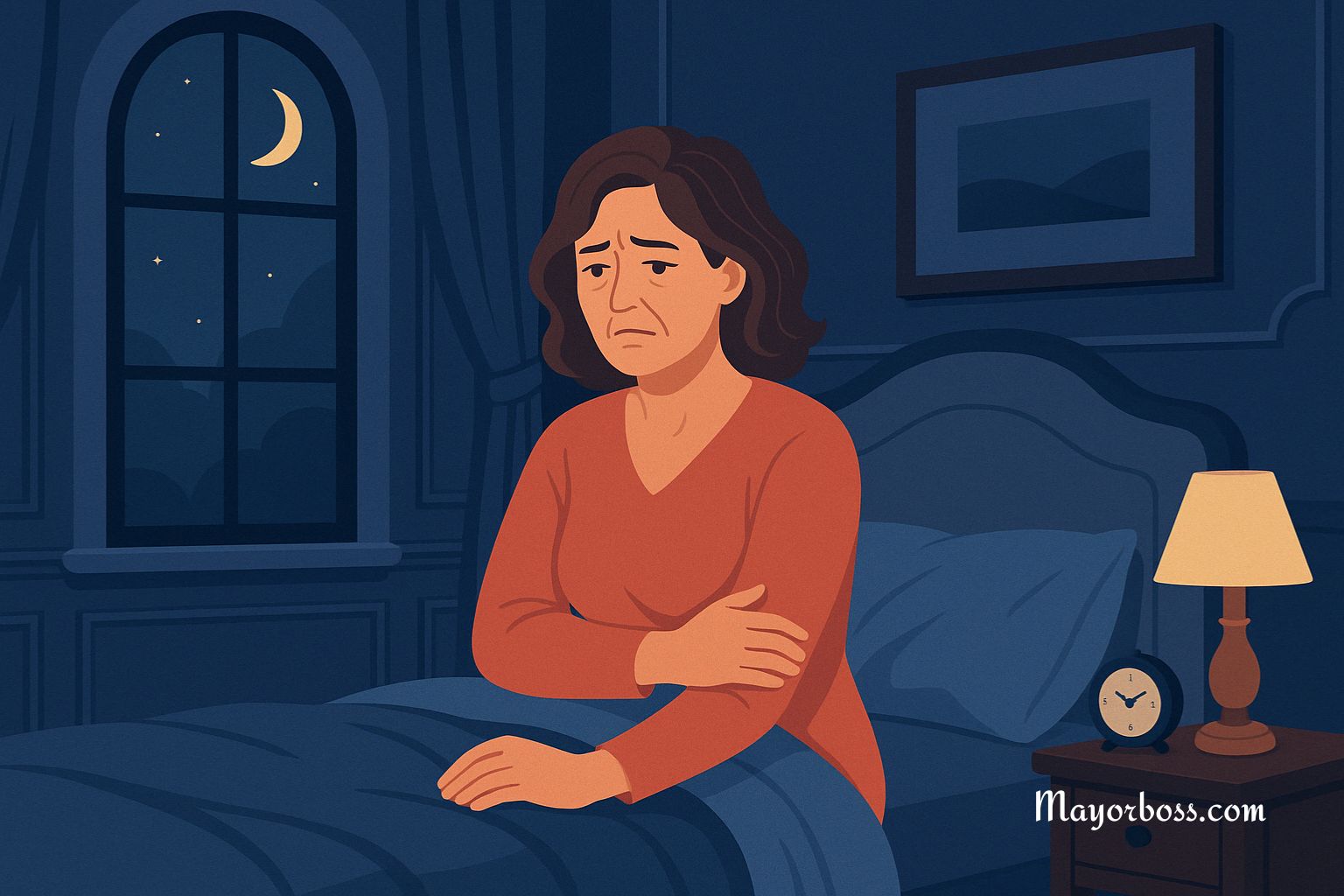11 Body Pains Never to Ignore
Pain is your body’s way of telling you something is wrong. While not every ache means danger, some pains should never be ignored. They may point to serious conditions that need urgent care. Below are 11 types of body pain you should take seriously. If you experience any of these, seek medical attention right away.

1. Chest Pain
Chest pain is serious business. It can be a sign of a heart attack. It might feel like pressure, tightness, or squeezing. Sometimes, it spreads to your arm, neck, jaw, or back. It may also come with shortness of breath, sweating, nausea, or dizziness. Even if it goes away quickly, do not ignore it. Get emergency help.1
2. Sudden, Severe Headache
If you suddenly feel the worst headache or the “worst headache ever” of your life, it could be a brain aneurysm or a stroke. This is not a regular tension headache or migraine. The pain often comes on fast and strong. You may also feel confused or dizzy or have a stiff neck or trouble seeing or speaking. Call for help immediately.2
3. Abdominal Pain That Doesn’t Go Away
Ongoing or sharp abdominal pain may point to problems with your appendix, gallbladder, pancreas, or intestines. It could be a sign of inflammation, infection, or even a blockage. If the pain is severe, constant, or comes with fever, vomiting, or bloating, or if your pain doesn’t improve in 24 to 48 hours, seek medical care.3
4. Pain Between the Shoulder Blades
Pain in this area may seem harmless, but it can be a hidden sign of heart trouble, especially in women. It might also relate to gallstones, lung problems, or aortic dissection—a serious tear in the artery wall. If it feels unusual or deep or comes with other symptoms like shortness of breath, don’t delay care.
5. Lower Back Pain With Numbness or Weakness
Lower back pain is common. In fact, up to 23% of adults globally have chronic low back pain.4 But if it also causes leg numbness, tingling, or muscle weakness, it might be nerve compression or a herniated disc. In severe cases, it could lead to loss of bladder or bowel control, which is a medical emergency.
6. Painful Urination With Back or Side Pain
This can point to a kidney infection or kidney stones. These conditions often come with fever, chills, nausea, or cloudy urine. Kidney infections can spread to your bloodstream and become life-threatening if not treated quickly.5
7. Leg Pain With Swelling and Redness
If your leg is swollen, red, warm to the touch, and painful, it might be a blood clot called deep vein thrombosis (DVT). DVT is dangerous because the clot can travel to your lungs and cause a pulmonary embolism. This needs fast medical treatment.
8. Pain That Wakes You Up at Night
Most mild pains improve with rest. But if pain wakes you from sleep, it may be more serious. For example, bone pain at night can signal bone cancer or infection. Nighttime chest pain might be heart-related. Chronic pain that interrupts sleep should not be ignored.6
9. Pain With Sudden Weakness or Numbness on One Side
If you suddenly feel pain along with numbness, weakness, or paralysis in your face, arm, or leg—especially on one side—it could be a stroke. Other signs include confusion, trouble speaking, or difficulty walking. Time is critical. Call emergency services immediately.
10. Jaw Pain With Chest Pressure
Pain in your jaw that comes with chest tightness may be a warning sign of a heart attack. This is especially common in women. It may feel dull, achy, or like pressure. If it happens during physical activity or stress, it is even more concerning.
11. Pain After a Fall or Injury
Sometimes, we brush off pain after a fall or accident. But if pain continues, worsens, or limits movement, it may signal a fracture, internal bleeding, or organ injury. Pay close attention if the person injured is older or on blood thinners.
Final Thoughts
Pain is never something to ignore, especially when it feels unusual or severe or lasts longer than expected. Your body is trying to tell you something important. The sooner you respond, the better your chances of preventing serious complications. Always listen to your body—and when in doubt, talk to a doctor.
References:
- https://www.health.harvard.edu/heart-health/chest-pain-a-heart-attack-or-something-else ↩︎
- https://www.mayoclinic.org/symptom-checker/headaches-in-adults-adult/related-factors/itt-20009075 ↩︎
- https://www.mountsinai.org/health-library/symptoms/abdominal-pain ↩︎
- https://www.ncbi.nlm.nih.gov/books/NBK538173/ ↩︎
- https://www.healthline.com/health/back-pain-and-frequent-urination ↩︎
- https://www.webmd.com/sleep-disorders/features/pain-and-sleep ↩︎
